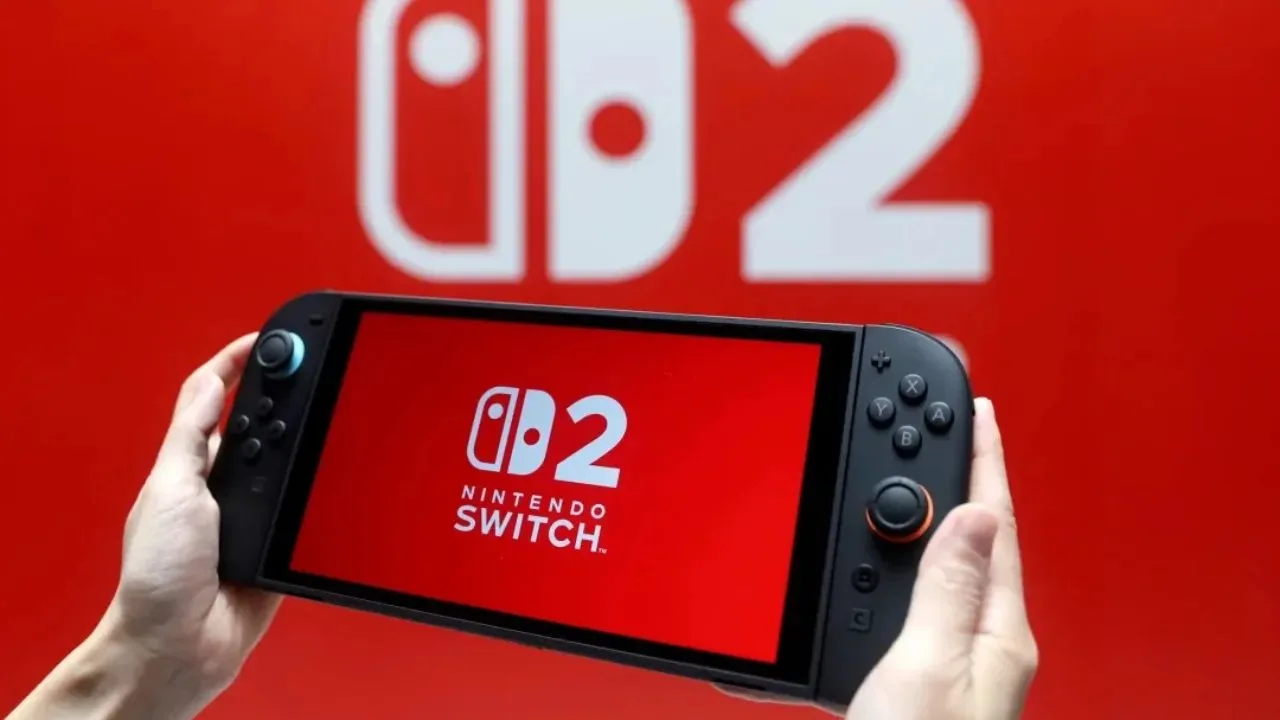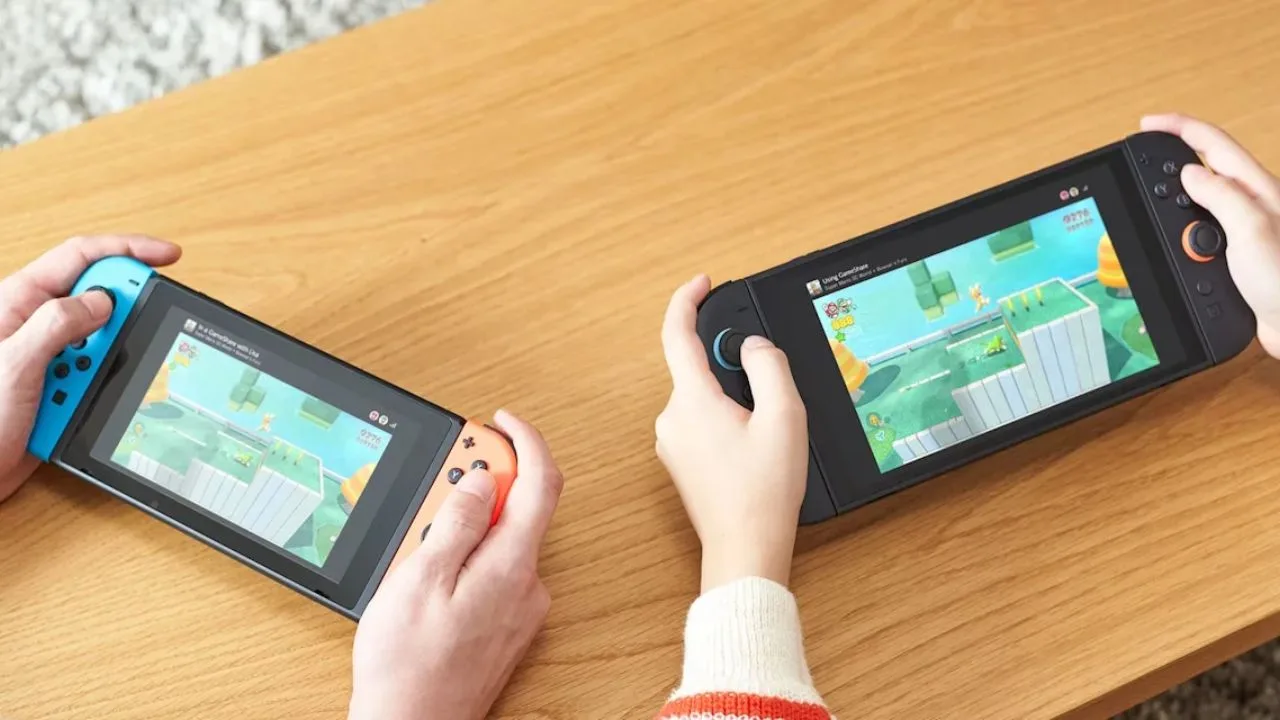Procon-SP has once again notified Nintendo for practices deemed abusive in its digital services contracts, such as unilateral subscription cancellation. The consumer protection agency questions the company's lack of formal representation in the country, which compromises the rights of Brazilian users and hinders dispute resolution. The incident reignites the debate over consumer vulnerability when faced with foreign platforms operating in Brazil without complying with local legal requirements.
According to Procon-SP, Nintendo imposed clauses that violate the Consumer Protection Code. Some of these clauses specifically concern the termination of services without justification. Without a legal basis in Brazil, the Japanese company offers no direct channels for resolving recurring issues, preventing consumers from fully and quickly exercising their rights.

Nintendo's lack of a CNPJ and physical headquarters hinders the application of Brazilian legislation
Foreign companies operating digitally in Brazil but without formal registration create obstacles for consumer protection agencies. Without a CNPJ (National Registry of Legal Entities), a business address, or an established legal representative, these companies are not subject to the penalties provided for by law. In the case of Nintendo, Procon-SP had to contact the company's headquarters outside the country directly to process the notification, a process that, in addition to being time-consuming, is legally limited.
For Procon-SP's customer service director, the existence of local representation should be an important criterion in consumers' choices. Besides guaranteeing access to support in case of problems, this structure enables Brazilian agencies to take legal action. Without it, any attempt at mediation becomes fragile, and consumers are left unassisted.
International purchases are growing, but security is still fragile
With the rise in popularity of foreign marketplaces and digital signature services, the number of Brazilians purchasing products and platforms without checking the companies' legal standing is also growing. This behavior, while practical and often cost-effective, exposes consumers to significant risks: lack of technical support, undue charges, lack of refunds, and the inability to seek legal recourse in Brazil.
Furthermore, increased taxes such as the IOF (Tax on Goods and Services) and new import taxation rules further hinder access to fair solutions. In practice, consumers pay more and have fewer guarantees, an unfavorable scenario that can lead to losses even for low-value purchases.

Procon-SP advises consumers to check legal support before purchasing
Given these risks, Procon-SP reinforces the importance of verifying that the company is registered in Brazil before completing any online transaction. Details such as a CNPJ (Brazilian Taxpayer Registry), physical address, and customer service channels should be mandatory for secure purchases. This practice applies to both product stores and entertainment platforms, apps, and subscription services.
The agency also recommends reporting any irregularities through the official Procon-SP website. The more complaints filed, the greater the pressure on foreign companies to comply with national legislation and take responsibility for the services they provide.
Regulatory proposals advance in the National Congress
Nintendo's case joins other recent examples that have pressured Congress to discuss stricter regulations for foreign companies operating in Brazil. There are bills seeking to prevent the operation of digital platforms that lack headquarters or legal representation in the country, especially when they involve data collection, e-commerce, or ongoing service provision.
Until these measures come into effect, consumers should be aware of what's hidden behind the user-friendly interface of international apps and websites. Attractive prices may mask the lack of basic guarantees, such as exchanges, refunds, or even customer service in Portuguese.




